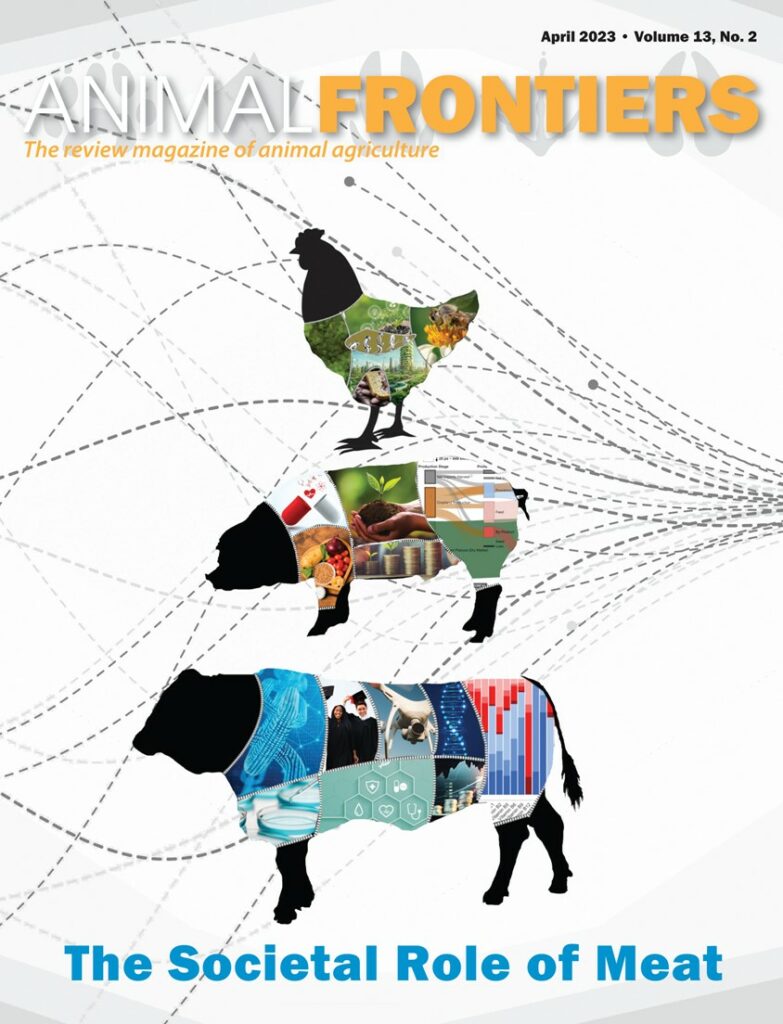Science journal confirms meat’s ‘critical role in society’ says TEAGASC
A peer-reviewed edition of the science journal Animal Frontiers published on 15 April has confirmed meat’s critical role in society
The edition builds on debate in the science community and evidence developed through a conference held by TEAGASC, Ireland’s Agriculture & Food Development Authority, in October 2022. The event took place in Dublin under the title of International Summit on the Societal Role of Meat.
Animal Frontiers is the third most-cited journal in agriculture, dairy, and animal science. In the April edition, the journal’s guest editors and authors were among the nearly 1,000 signatories of The Dublin Declaration which warns that livestock systems are too precious to society to become the victim of simplification and reductionism.

Is new analysis needed to inform public policies?
Teagasc assistant director of research, Declan Troy, welcomed the publication, and said: “Livestock farming supports the livelihoods of about one in six people on the planet. It supplies food, nutrition, income and more, to hundreds of millions of people and is of enduring cultural significance for many. Today’s publication shows that deploying scientifically-sound practices in animal agriculture is key to succeeding in the face of global health, climate, and development challenges.”
Experts who participated in the October 2022 event had called for this major new academic and science-based analysis in order to inform public policies and recommendations related to meat production and consumption.
Dr Alice Stanton of the Royal College of Surgeons of Ireland commented: “The published peer-reviewed evidence reaffirms that the most prominent global study which claimed that consumption of even tiny amounts of red meat harms health (the 2019 Global Burden of Disease Risk Factors report) is fatally flawed, scientifically, and should be retracted. Removing fresh meat and dairy from diets would harm human health. Women, children, the elderly and those of low income would be particularly negatively impacted.”
Bio-available micronutrients
Director of the University of Florida’s Global Food Systems Institute, Dr Adegbola Adesogan, added: “Animal-source foods are superior to plant foods at simultaneously supplying several bio-available micronutrients and high-quality macronutrients that are critical for growth and cognitive development. Dietary recommendations to eliminate animal-source foods from diets ignore their importance, particularly the great need for these foods in diets of the undernourished in the global south.”
Dr Wilhelm Windisch of Technical University Munich in Germany further noted: “Farmed and herded animals maintain a circular flow of materials in agriculture, by using and upcycling large amounts of material humans cannot eat, turning them into high-quality, nutrient-dense food. One-size-fits-all agendas, such as drastic reductions of livestock numbers, could incur environmental and nutritional consequences on a massive scale.”
Join us at SIAL Paris as exhibitor Join us at SIAL Paris as visitor
